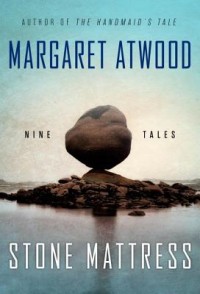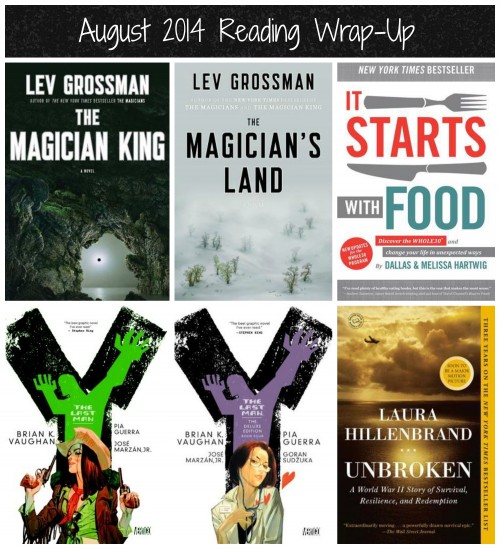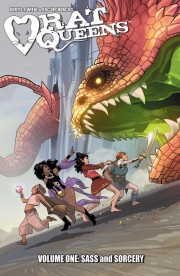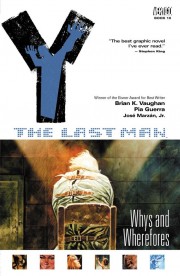 Until I read Margaret Atwood’s newest short story collection, Stone Mattress, I didn’t think that I was a reader who could love short stories.
Until I read Margaret Atwood’s newest short story collection, Stone Mattress, I didn’t think that I was a reader who could love short stories.
(This, despite being a fan of B.J. Novak’s collection, One More Thing. I am a slow learner)
While I adore reading novels built as a collection of interconnected short stories like Tom Rachman’s The Imperfectionists or Jennifer Egan’s A Visit from the Goon Squad, I don’t generally enjoy short story collections. I’ve always thought that was a little weird but also consistent with my preference to get immersed in the worlds that I visit in fiction and television.
Short stories are usually, well, too short for me. I want to know what happens to the characters after the story ends or to head down a slightly different path with a minor character, always staying with the same world.
Stone Mattress opens with three stories that do exactly that, starting with a piece about an aging fantasy writer who receives instructions about how to ride out a snowstorm from her dead husband. The next two follow characters in her past and round out a world of aged Bohemian artists and long-held grudges.
I am a sucker for those types of stories, so it was a perfect way to pull me into this collection. To my delight, a later story, “I Dream of Zenia with the Bright Red Teeth,” revisits characters from one of my favorite Atwood novels, Cat’s Eye The Robber Bride, to see what they’ve been doing. Again, catnip for me an Atwood fan. These kinds of connections are what I seem to crave in fiction.
But, somewhat to my surprise, I also loved the stories that weren’t explicitly connected to other stories. Despite their relatively short length, Atwood does an amazing job of succinctly, artfully giving each main character a history and enough motivation that it feels like the story will keep going after the final sentence.
In the title story, for example, the main character finds herself in a situation to commit the perfect murder. Along the way, Atwood shows why she has become this way and leaves open possibilities that her story will continue. It’s an ending of a story that feels both conclusive and open. It’s so great. In another story, “The Dead Hand Loves You,” Atwood tells a tale of a cult horror film and the pact the creator made with his college roommates. The ending is, again, final but also delightfully twisty.
It helps, of course, that Atwood is one of my favorite authors and that I will basically throw myself into anything that she’s written. But I was honestly surprised at how much I loved this collection, given my assumption that short story collections just don’t work for me. If you’ve never read Atwood before, Stone Mattress is a perfect volume to give a sense of her style. And if your a fan of Atwood, absolutely go grab this collection.


 ComiXology is a “cloud-based digital comics platform” that I use to buy and read digital comics. I first started using ComiXology in April when the first three trade editions of
ComiXology is a “cloud-based digital comics platform” that I use to buy and read digital comics. I first started using ComiXology in April when the first three trade editions of  I really love that you can buy single issues of a comic for anywhere between $.99 and $2.99 through the ComiXology app. These single issues are usually around 30 pages and help me get a sense of whether a comic is something I’ll enjoy reading. And I love when I can catch up with a series by reading several single issues in a row, like I’ve been doing with
I really love that you can buy single issues of a comic for anywhere between $.99 and $2.99 through the ComiXology app. These single issues are usually around 30 pages and help me get a sense of whether a comic is something I’ll enjoy reading. And I love when I can catch up with a series by reading several single issues in a row, like I’ve been doing with  Another place where I have been exploring comics for free is through my local library, which has a pretty decent collection to choose from and connections to a well-stocked library system.
Another place where I have been exploring comics for free is through my local library, which has a pretty decent collection to choose from and connections to a well-stocked library system.